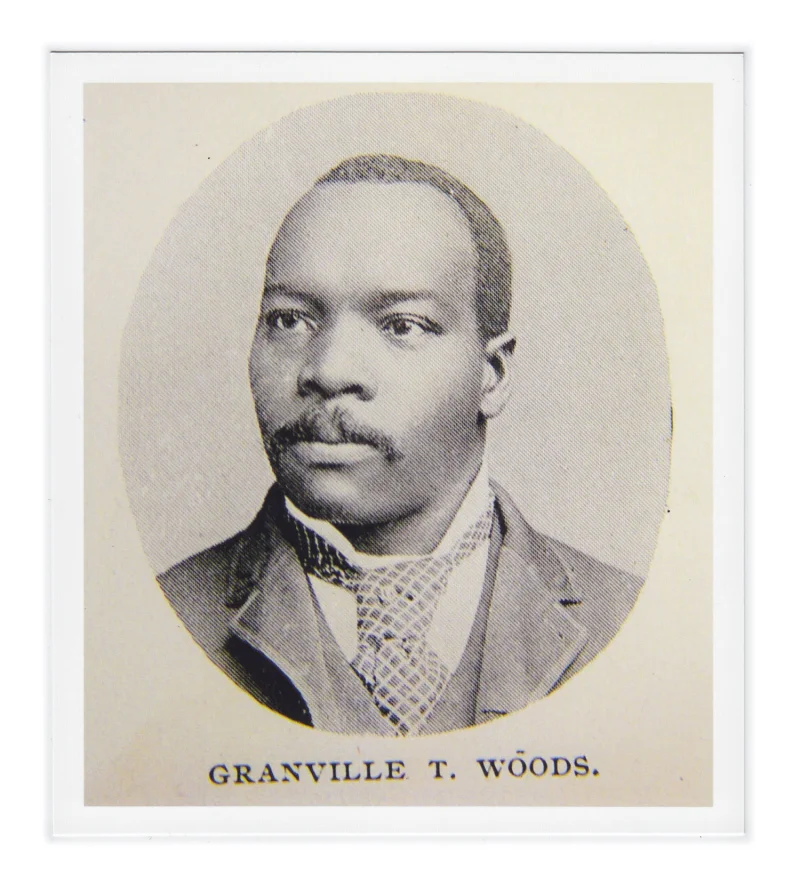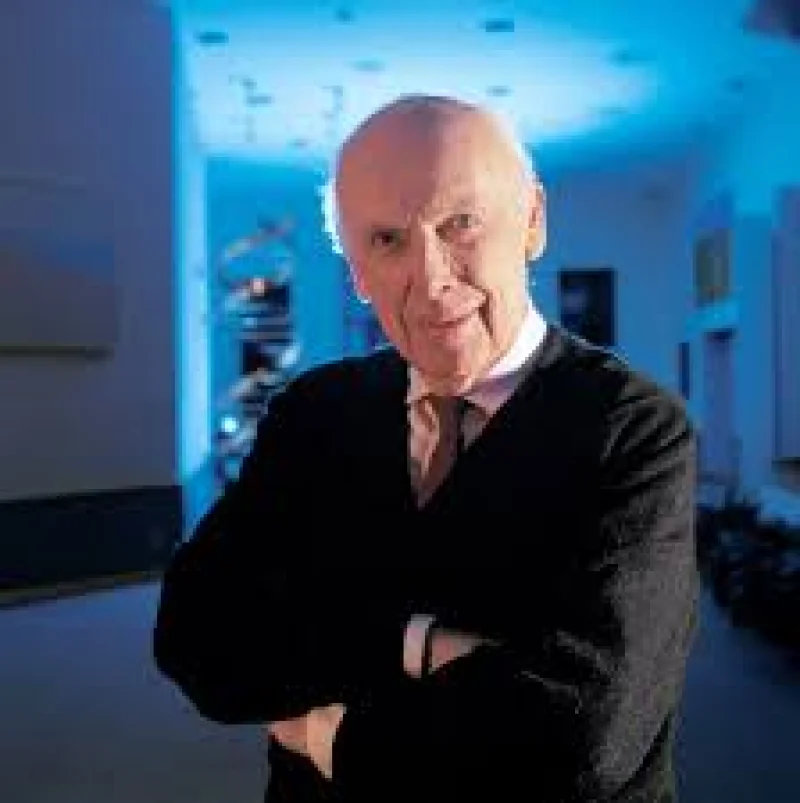Short Summary
Neil deGrasse Tyson is an eminent American astrophysicist, author, and science communicator, celebrated for his ability to popularize complex scientific concepts. As the director of the Hayden Planetarium at the Rose Center for Earth and Space in New York City, he has played a pivotal role in educating the public about the universe. Tyson is renowned for hosting the TV show "Cosmos: A Spacetime Odyssey," a sequel to Carl Sagan's original series. His engaging approach to science has made him a household name, inspiring countless individuals to explore the wonders of the cosmos.
Early Life & Education
Neil deGrasse Tyson was born on October 5, 1958, in Manhattan, New York City. Raised in the Bronx, he was the second of three children in a family that valued education. His early fascination with astronomy was sparked during a visit to the Hayden Planetarium at the age of nine. Tyson attended the Bronx High School of Science, where he excelled academically and was the captain of the wrestling team. He earned a bachelor's degree in Physics from Harvard University, a master's degree in Astronomy from the University of Texas at Austin, and a doctorate in Astrophysics from Columbia University. His academic journey was influenced by mentors who recognized his passion for science.
Career Highlights
Tyson's career has been marked by significant contributions to astrophysics and science communication. In 1996, he became the Frederick P. Rose Director of the Hayden Planetarium, where he led the renovation of the facility, making it a leading center for astronomy education. He has written several best-selling books, including "Astrophysics for People in a Hurry" and "The Pluto Files." Tyson's television appearances on shows like "Nova ScienceNow" and "Cosmos: A Spacetime Odyssey" have reached millions, making science accessible and engaging. His role as a science communicator has been instrumental in bridging the gap between complex scientific concepts and the general public.
Major Achievements
- Published numerous best-selling books that simplify complex scientific ideas.
- Hosted "Cosmos: A Spacetime Odyssey," revitalizing interest in science documentaries.
- Directed the Hayden Planetarium, enhancing public understanding of astronomy.
- Received the NASA Distinguished Public Service Medal for his contributions to science education.
- Named one of Time magazine's 100 most influential people in the world in 2007.
Famous Quotes
- "The good thing about science is that it's true whether or not you believe in it."
- "We are part of this universe; we are in this universe, but perhaps more important than both of those facts is that the universe is in us."
Interesting Facts
- Tyson was inspired by Carl Sagan, who personally reached out to him during his high school years.
- He has a strong interest in wrestling and was captain of his high school team.
- Tyson has appeared in several TV shows and films, often portraying himself.
- He played a role in reclassifying Pluto as a dwarf planet.
- Tyson is an advocate for space exploration and science literacy.
Legacy / Influence
Neil deGrasse Tyson's legacy lies in his ability to make science captivating and accessible to the public. He has inspired a new generation of scientists and enthusiasts through his engaging communication style and passion for astronomy. His influence extends beyond academia, impacting popular culture and fostering a broader interest in the cosmos. Tyson's work continues to encourage curiosity and a deeper understanding of the universe.
FAQ
Q: Why is Neil deGrasse Tyson famous?
A: He is famous for popularizing science through his books, TV shows, and role as director of the Hayden Planetarium.
Q: What is one of his notable TV projects?
A: He hosted "Cosmos: A Spacetime Odyssey," a sequel to Carl Sagan's original series.
Q: What is his stance on Pluto?
A: Tyson played a significant role in the reclassification of Pluto as a dwarf planet.
Q: Has he received any awards?
A: Yes, he received the NASA Distinguished Public Service Medal for his contributions to science education.











